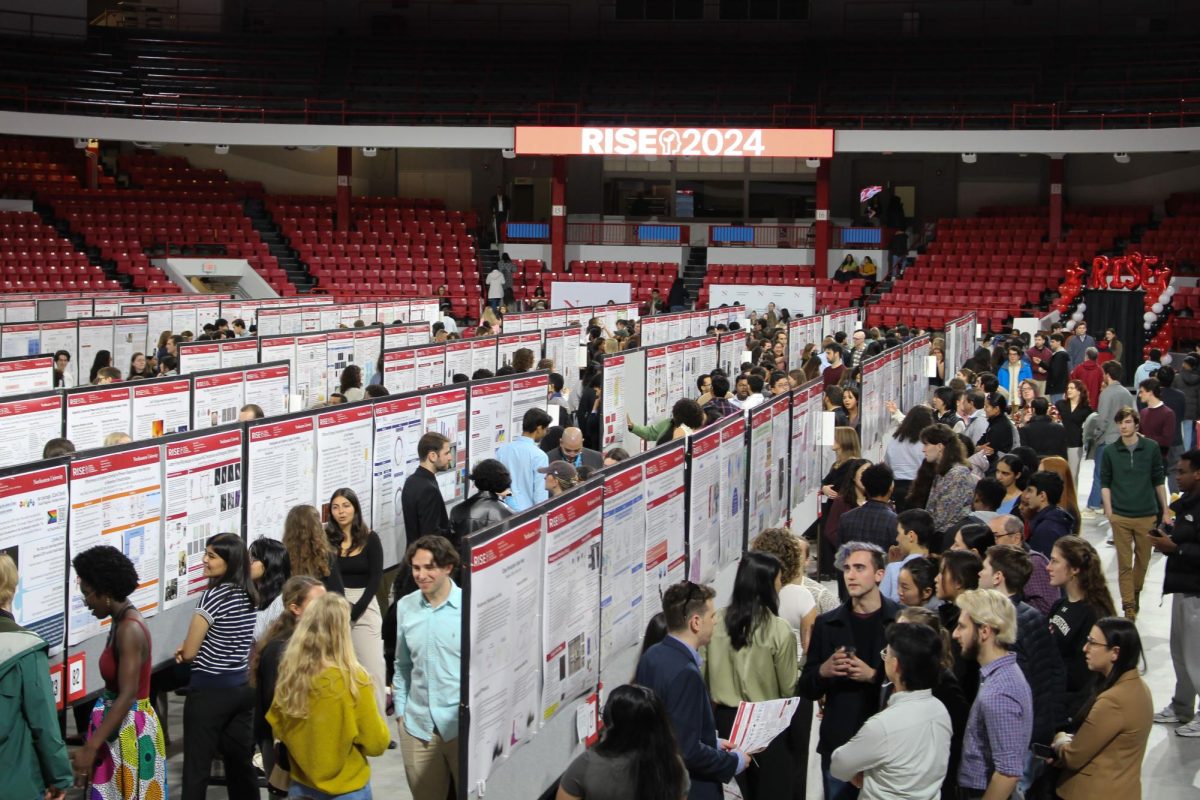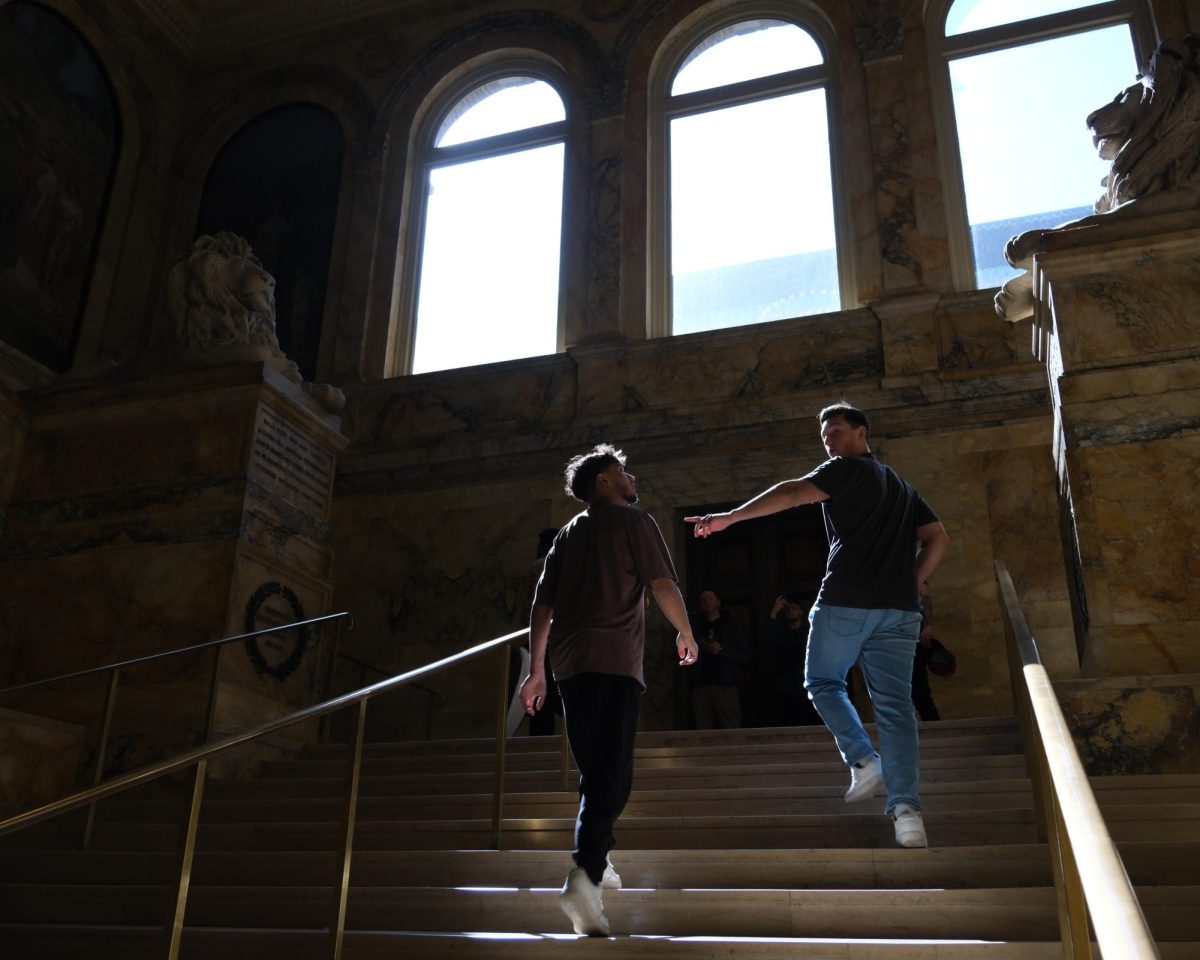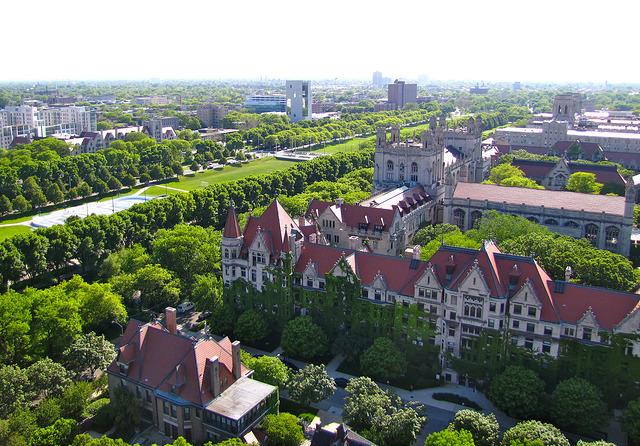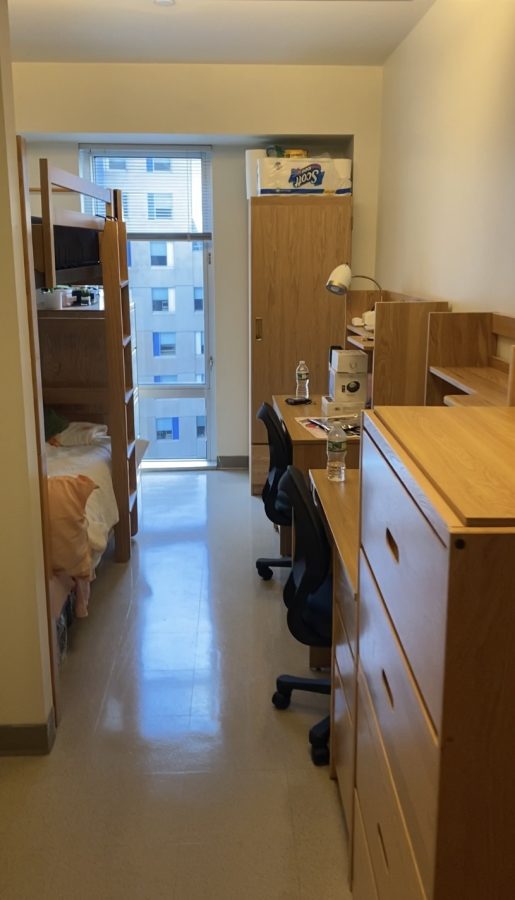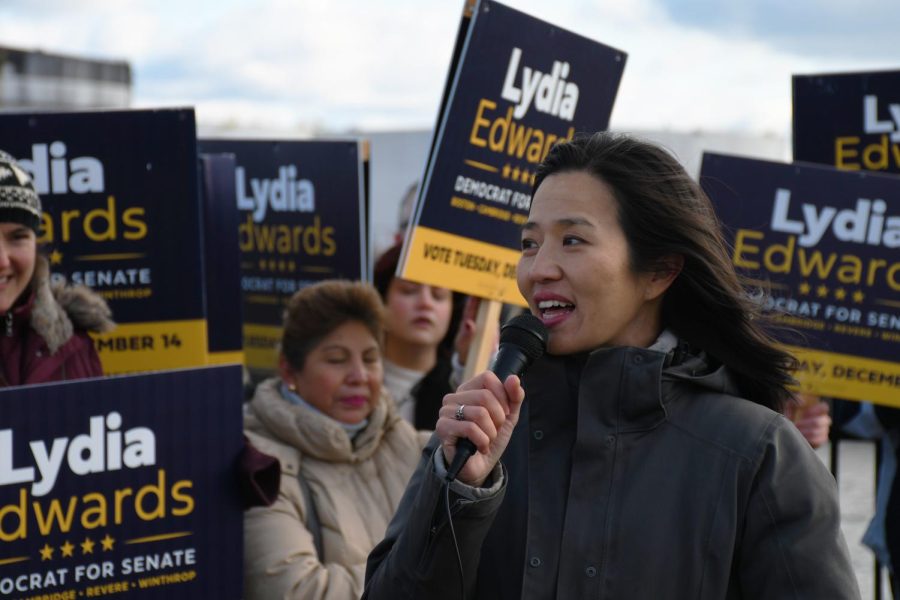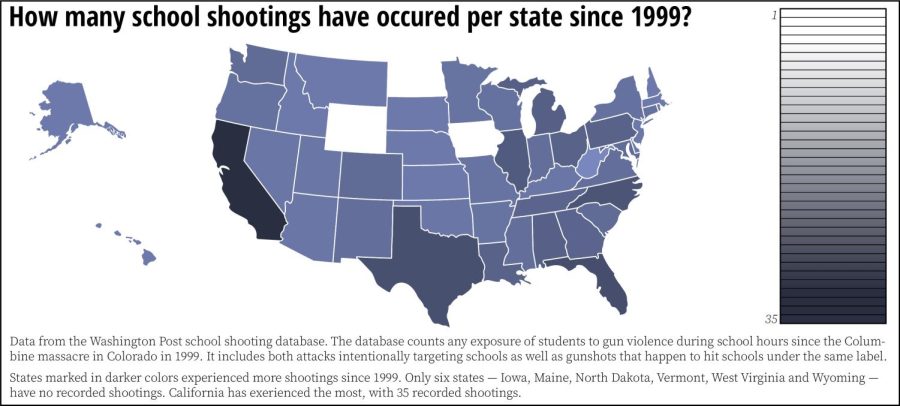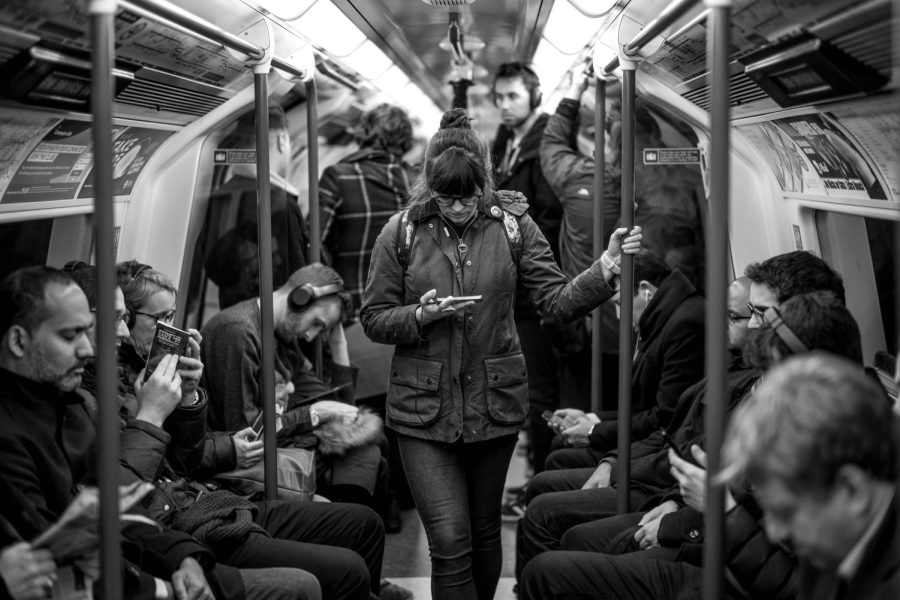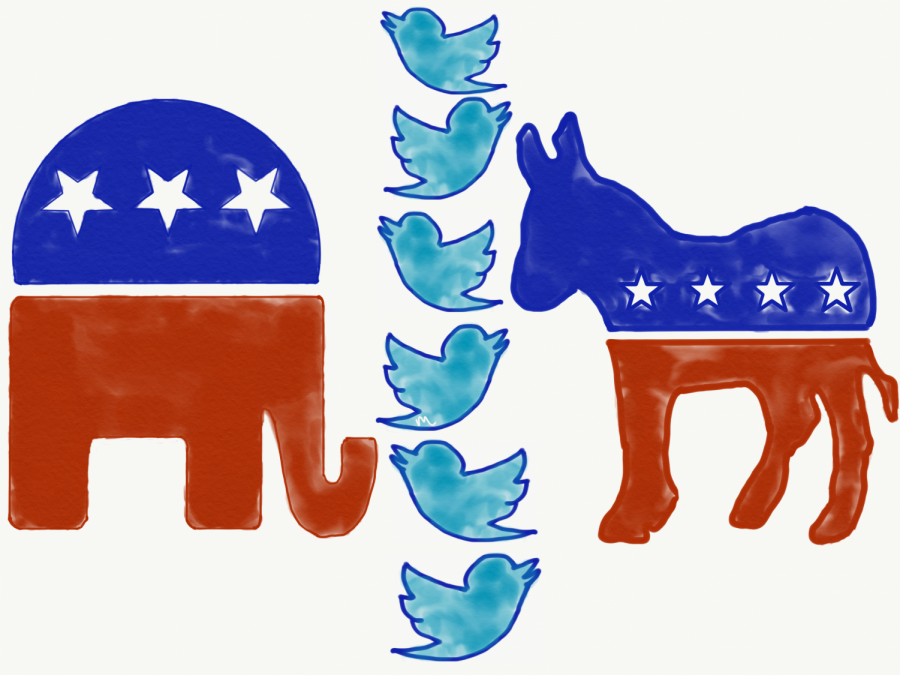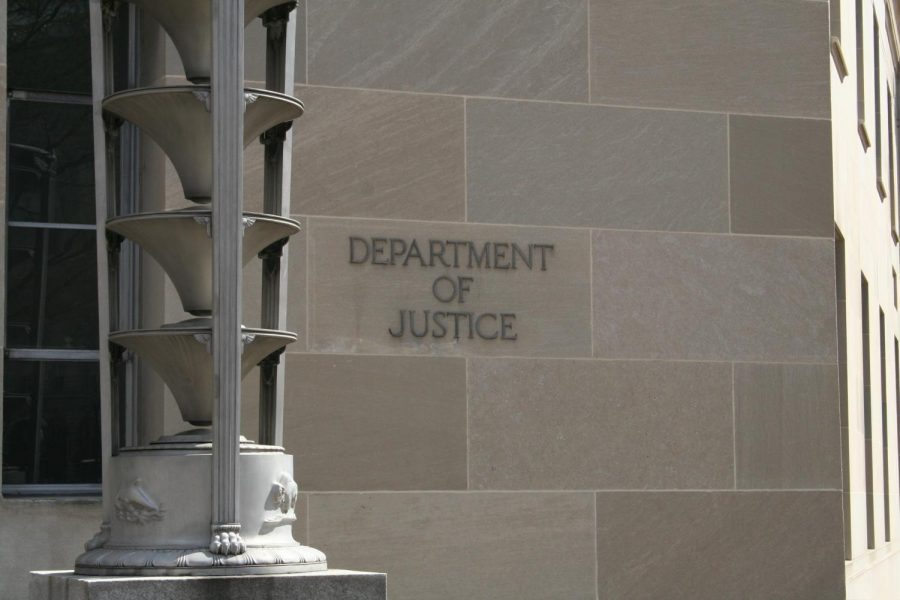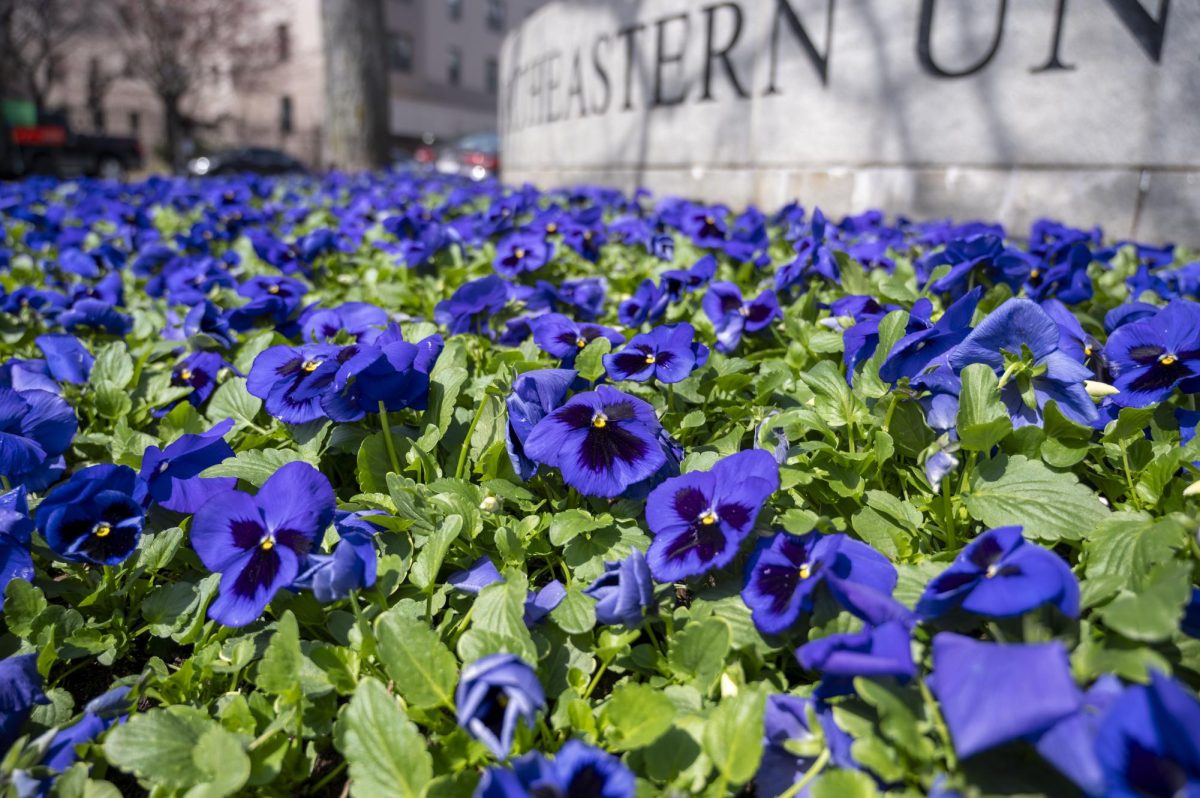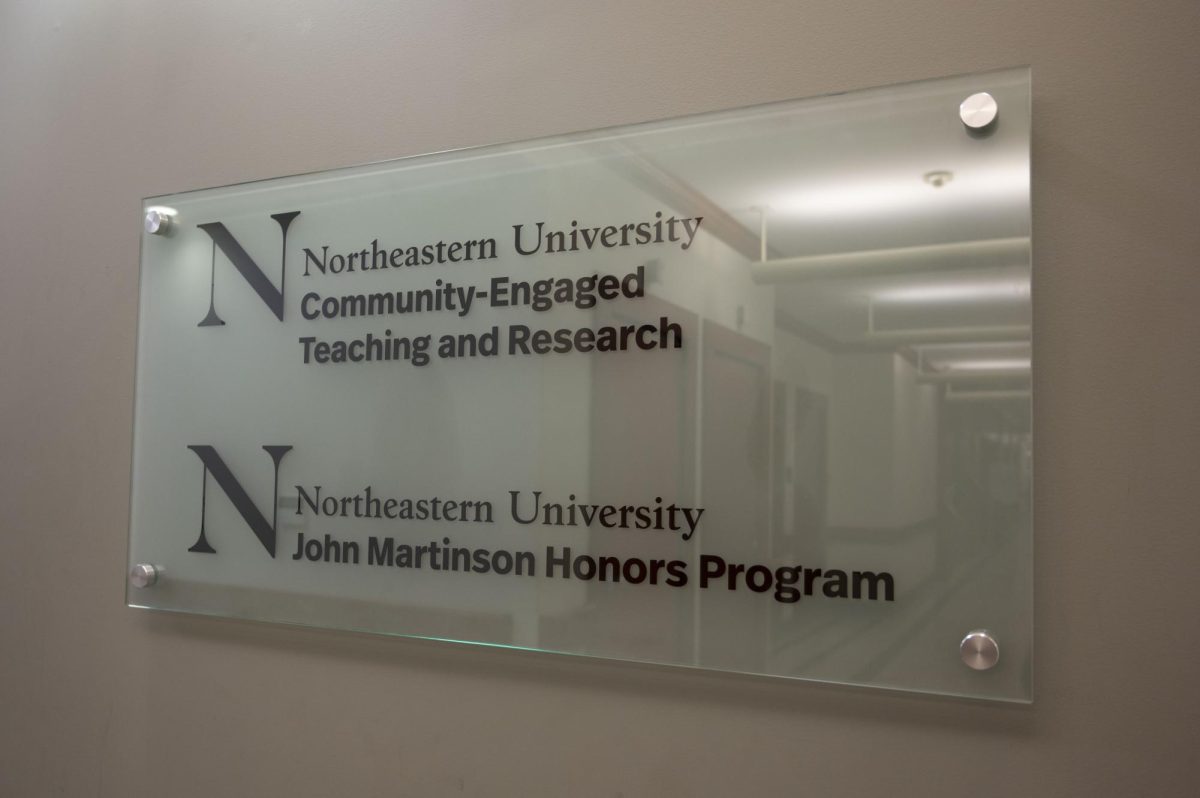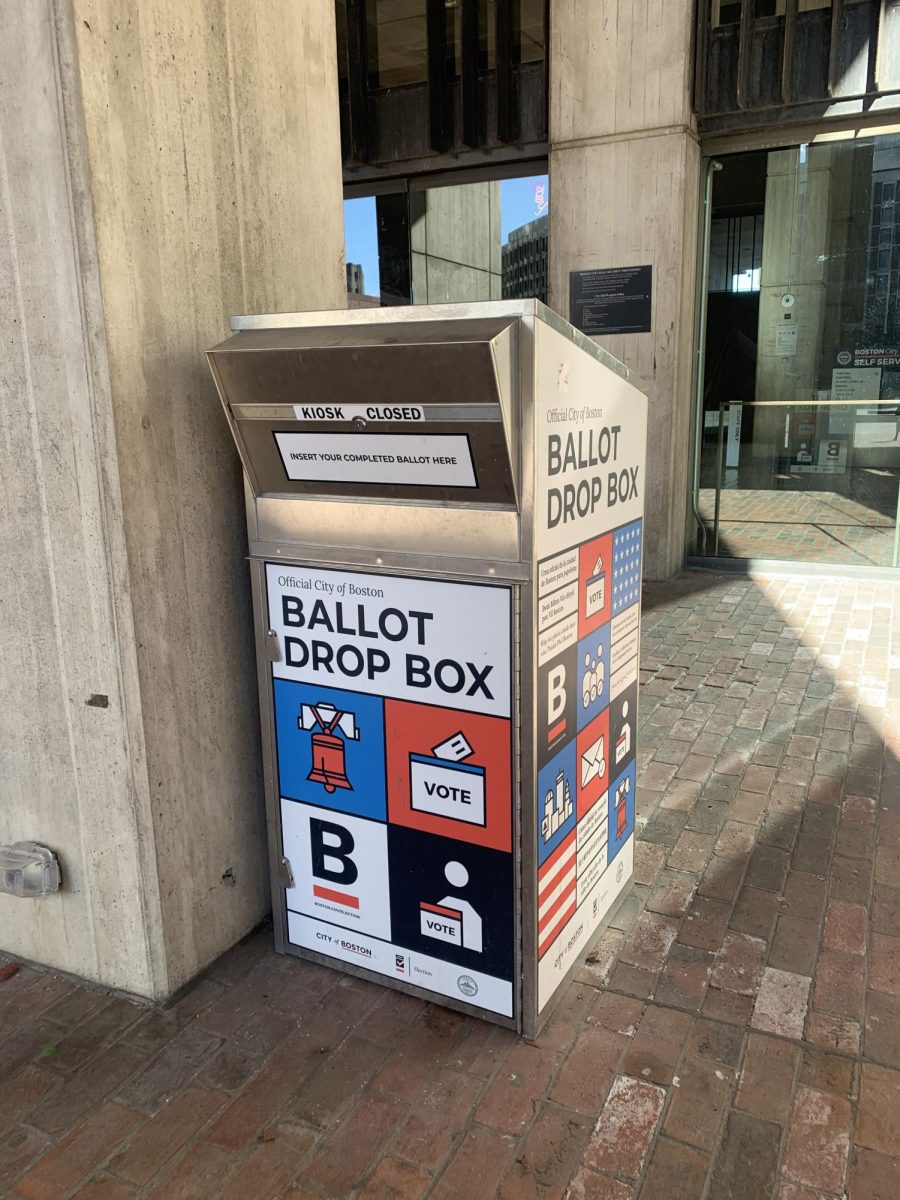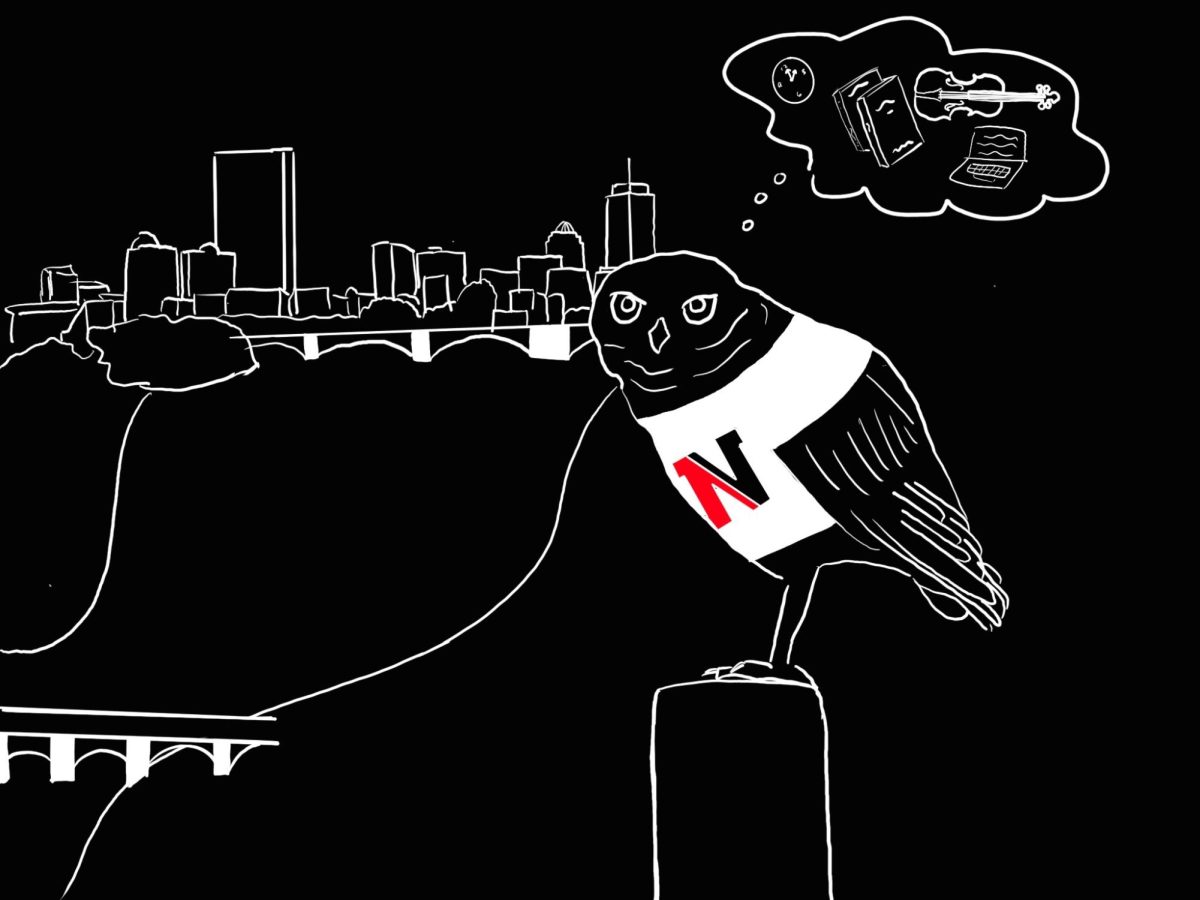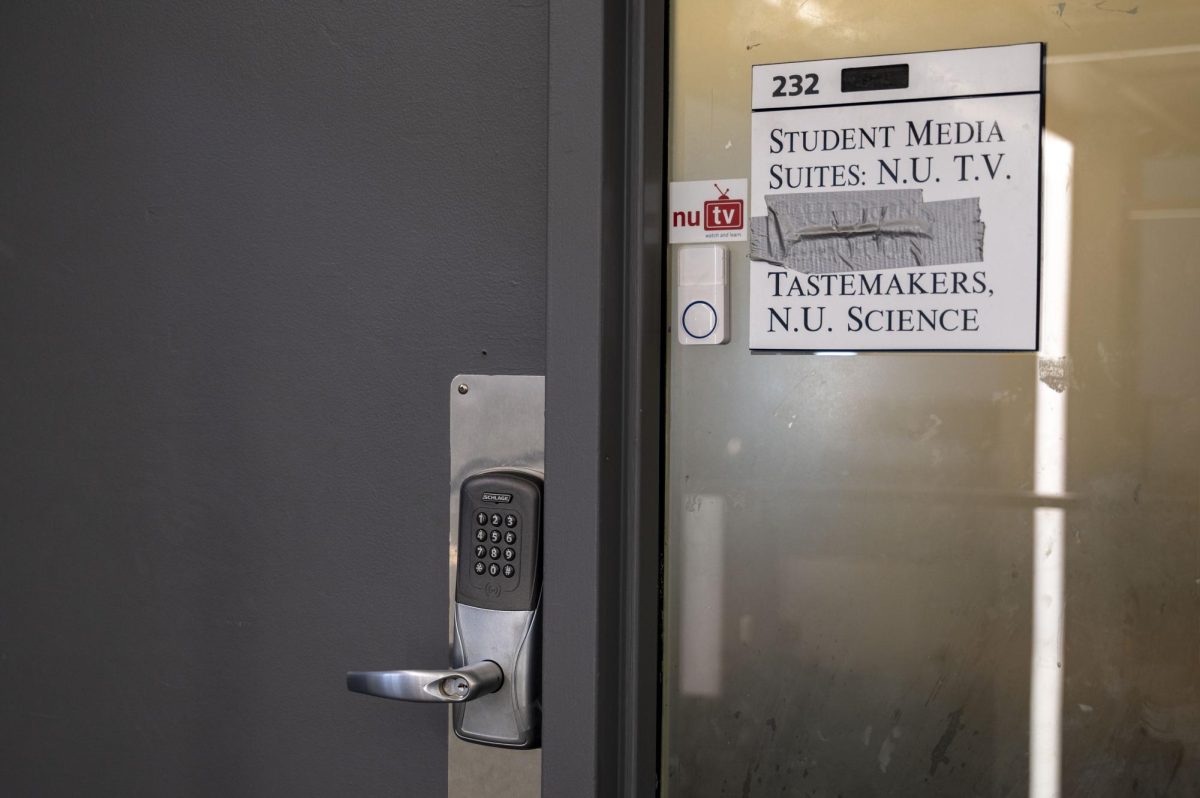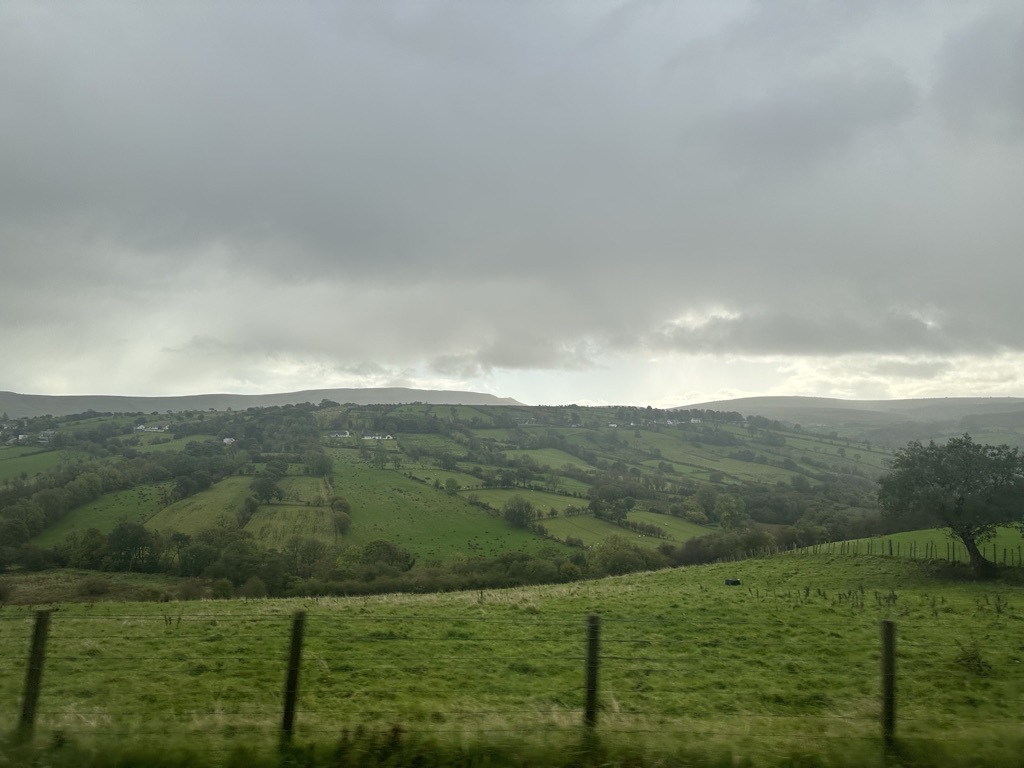Two weeks ago, the University of Chicago found itself in the center of national debate after Dean of Students John Ellison sent a letter to incoming freshmen condemning the use of trigger warnings and safe spaces.
“Our commitment to academic freedom means that we do not support so-called ‘trigger warnings,’ we do not cancel invited speakers because their topics might prove controversial, and we do not condone the creation of intellectual ‘safe spaces,’” the letter read.
While commitment to freedom of speech is commendable, and the letter is correct in stating that students shouldn’t be shielded from new ideas or opinions differing from their own, many of the examples cited in the missive have little or nothing to do with students being closed-minded.
At college, students should have the opportunity to challenge their own assumptions, and professors should be able to encourage healthy debates between people with different opinions.
In the letter, Ellison challenged three practices that he framed as discouraging freedom of speech and diversity of opinion: Trigger warnings, cancelling controversial speakers and safe spaces.
Trigger warnings are statements at the beginning of an article or before classes that may be disturbing for some students. These are generally warnings of depictions of sexual violence, abuse, self-harm, violence or other disturbing content. If a video depicting dead bodies in wartime has a disclaimer at the beginning saying that the content may be disturbing to some viewers, that is a trigger warning.
Trigger warnings aren’t issued at the beginning of political discussions or debates that may be controversial. They are issued so that students who have undergone trauma, such as veterans or sexual assault survivors, can prepare themselves to be reminded of that trauma or so they can prepare themselves for what may be disturbing content.
In terms of controversial speakers, it is the University of Chicago’s right to invite anyone it likes to speak. It is the speaker’s right to say almost anything they want, no matter how controversial. However, it is the right of students to boycott and protest speakers with hateful views or speakers with whom they don’t agree. Sending a letter to freshmen saying that the school doesn’t cancel controversial speakers seems to be a way to discourage them from protesting in the first place by telling them that it won’t have any effect.
A safe space is a forum in which a group that typically faces discrimination or a group that share a certain viewpoint can come together and be with people with similar experiences or like-minded peers. Obviously, a university is a space for students of different experiences and with different opinions to coexist and learn from each other. Students at a university cannot be isolated from each other.
While the idea of a safe space can certainly be taken too far—an on-campus political or religious group, for example, shouldn’t bar people belonging to another political party or religion from attending—the value of a safe space for marginalized people shouldn’t be entirely discounted.
The fact that this letter was sent only to the freshman class is interesting. Instead of warning current students who might have already been requesting safe spaces and trigger warnings and protesting controversial speakers, the letter is only addressed to students with little idea about what campus culture is like.
In a letter to the New York Times, Johnathon Paul Katz, a recent graduate involved in activism at the University of Chicago, wrote that, as far as he knew, little student activism had been directed into trigger warnings or safe spaces.
“Instead, we called for the fair treatment of victims of sexual assault, the reestablishment of a trauma center on Chicago’s South Side, reducing skyrocketing tuition fees and an end to the racist tactics employed by the university’s growing private police force,” Katz wrote. “The university administration is trying to create a safe space for itself.”
It seems as if the university is addressing issues that haven’t been raised by students, and while the university’s commitment to freedom of expression is one that should be shared by all higher-learning institutions, it seems as if its targets are skewed. Instead of lashing out against safe spaces and trigger warnings, the University of Chicago should support students who are exercising their freedom of speech and continue to encourage healthy debates on its campus.
Photo courtesy Austin Ward, Creative Commons




